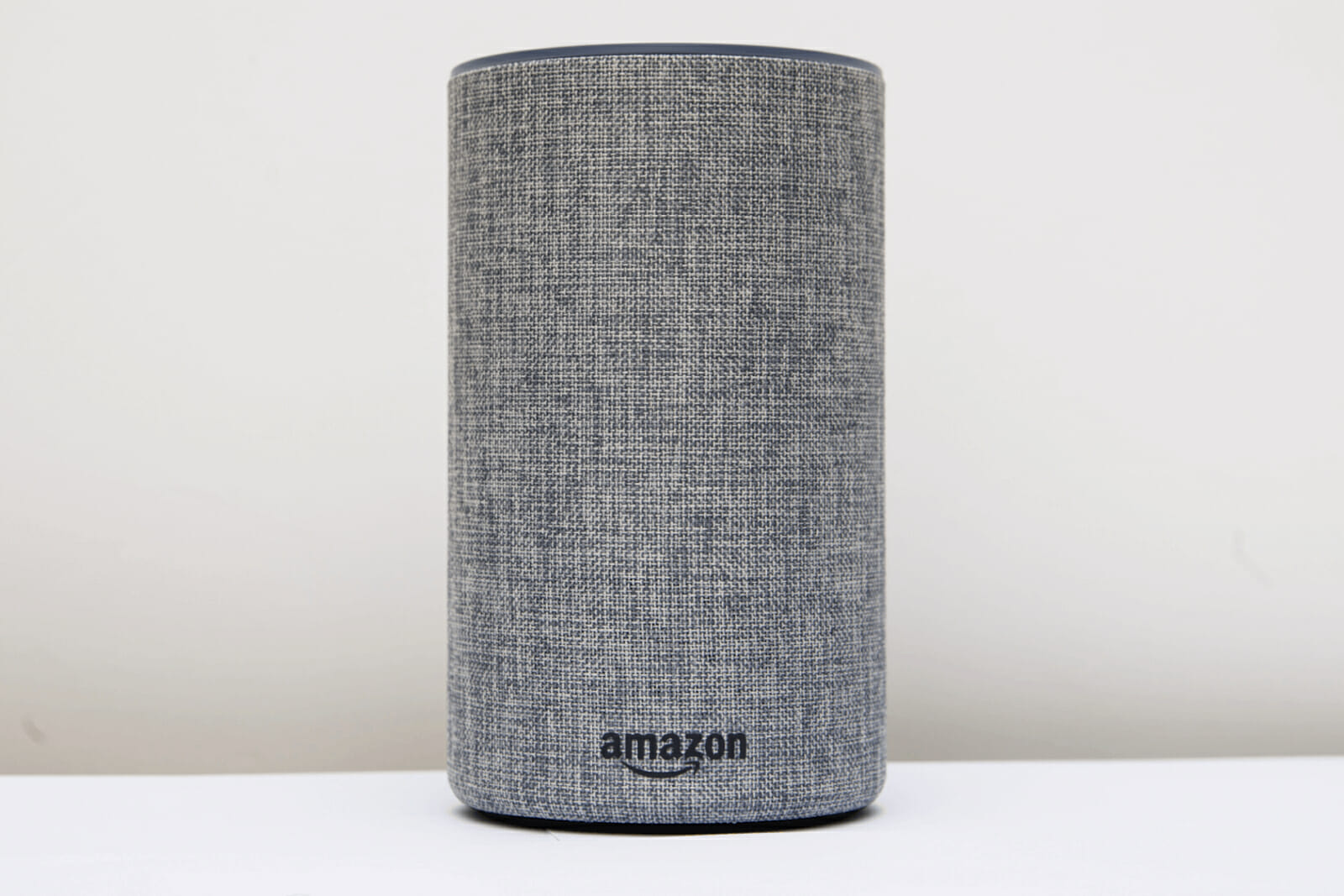
Tech
Know These 5 New Privacy Commands For Voice Assistants
The biggest names in voice assistants are taking steps to protect your privacy. Some consumers have mistrusted devices like Google Home and Amazon Echo for as long as they’ve been around. These companies are starting to take note of these concerns and have introduced new commands to improve voice assistant privacy.
Smart speakers are getting more helpful by the minute. You can ask Alexa to order items, convert measurements and even update you about the lottery, but this can raise some privacy concerns. These devices hear a lot, and you may not feel comfortable with big companies knowing so much about you.
In a bid to relieve some of these fears, Amazon and Google have recently added new security features. Along with updates to their privacy settings, both companies have added a couple of voice commands to help you take back control of your information.
‘Alexa, Tell Me What You Heard’
Amazon is arguably the most iconic name in smart speakers. Their voice assistant, Alexa, has found her way into everything from thermostats to cars, giving her quite the range of data sources. Now you can figure out just what she’s listening to when you speak.
By saying, “Alexa, tell me what you heard,” you’ll prompt your device to repeat anything it just listened to, even if you weren’t talking to it. If it heard something you’d rather keep private, you can then ask it to delete its recent memory.
‘Alexa, Why Did You Do That?’
You can also ask your Alexa device, “why did you do that?” This question will help you understand any strange behavior you notice in your Echo. If it does something you didn’t mean it to do, you can ask this to figure out why it did, hopefully putting some anxiety to rest.
‘Hey Google, That Wasn’t For You’
Amazon isn’t the only one trying to improve its AI assistant privacy. At CES earlier this year, Google announced a handful of new commands that allow you to control the data their devices gather.
One command, “that wasn’t for you,” will trigger your Google Assistant to delete its most recent voice record. By saying this, you can make sure Google doesn’t listen in on any background conversations.
‘Hey Google, Are You Saving My Audio Data?’
By asking, “hey Google, are you saving my audio data?” you can learn about your privacy settings. You may have it set to save audio data and not know it, so this question can help you see if you need to adjust your settings.
If you want your Google Assistant to save your audio records, you can allow it to do so. This option may improve personalization and performance. But if you’re uncomfortable with Google holding onto this data, you can turn the option off.
‘Hey Google, Delete Everything I Said to You’
If you’ve recently decided to stop saving your audio data, or you didn’t know Assistant was keeping it, you can ask Google to delete it. You can tell your Assistant to delete everything you said to it in a given timeframe, be it a day, week or even its entire memory.
Voice Assistant Privacy Concerns
These updates come after both companies faced backlash over voice assistant privacy. In May of 2019, users found that Alexa kept transcripts of voice interactions even after they deleted the audio record. Amazon has since stopped this practice, but it still leads some to doubt the security of the company.
Earlier this year, a user found a way to see into other homes by connecting his Google Nest Hub to an Internet-enabled security camera. Google took steps to fix this issue, but like with Amazon, it leaves some lingering questions about privacy.
With the new voice commands, Alexa and Google Assistant users have more control over their data, but the big picture of smart speaker security remains uncertain.
